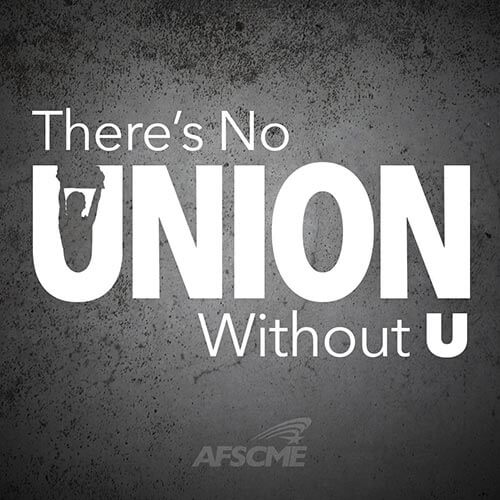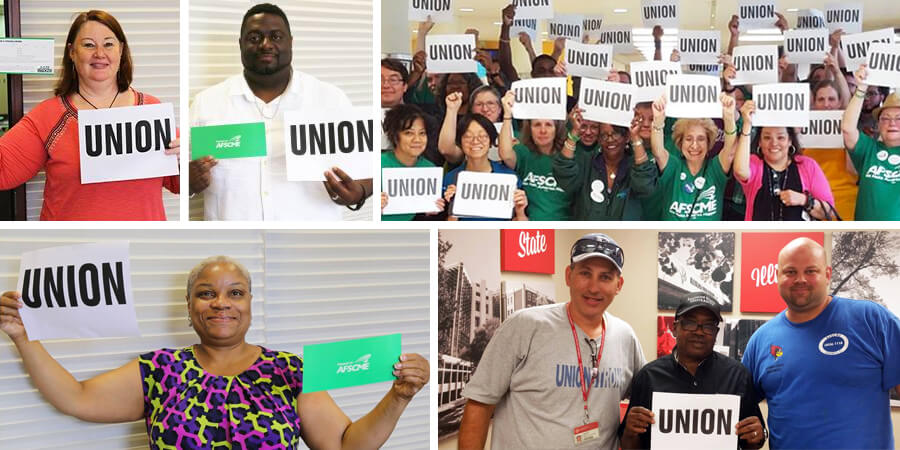
Editor’s note: Here are excerpts of a column published in the Illinois Times by a new member of AFSCME Council 31, in which the former agency fee payer explains why she joined her union after the U.S. Supreme Court’s ruling in the Janus v. AFSCME case. Her full column can be found here.
Two very nice union representatives knocked on my door last week. Anticipating an unfavorable ruling in Janus v. AFSCME, they asked me, a “fair share” state employee, to join the union. I didn’t have to think twice. Sign me up, I told them. …
Immediately after the Janus decision was delivered, the state of Illinois sent an email to all its employees, myself included, telling us that we were no longer obligated to pay “fair share” dues and that “Illinois statute requires the State to provide health care benefits, retirement benefits and many other employment benefits. They do not depend on union membership or collective bargaining.”
That statement is misleading at best. Illinois might be required by statute to provide benefits, but the statute sure doesn’t mandate the quality of benefits it provides. Without the strength of a union behind me, the state could and probably would renegotiate my contract to increase the number of hours I am required to work, double my health care costs, decline to offer a cost-of-living raise, or otherwise cut back my benefits.
If this were to happen, and I, as an individual, were to protest, my lone voice and interests would be ignored. By teaming up with tens of thousands of other working people, however, our collective voice gives us power in negotiations. Hence, the importance of unions. …
If you hold a position covered by collective bargaining, I urge you to join your union. Yes, your dues may go up by a couple of bucks each month. I’d be lying if I said I wasn’t briefly tempted by the idea of opting out of the union and putting that money in my pocket instead. But the benefits you reap with collective bargaining power – for example lower health care premiums and enforcement of step pay increases – are vast in comparison to the modest dues you pay.
I know that the state’s email said, “even if you opt-out of the union, you still receive the same employment benefits as union members.” But think about it. If everybody opts out of the union, who will be left to, you know, be in the union? Who will speak for you? Who will negotiate a favorable contract on your behalf? Who will have your back if your job is unfairly threatened?
